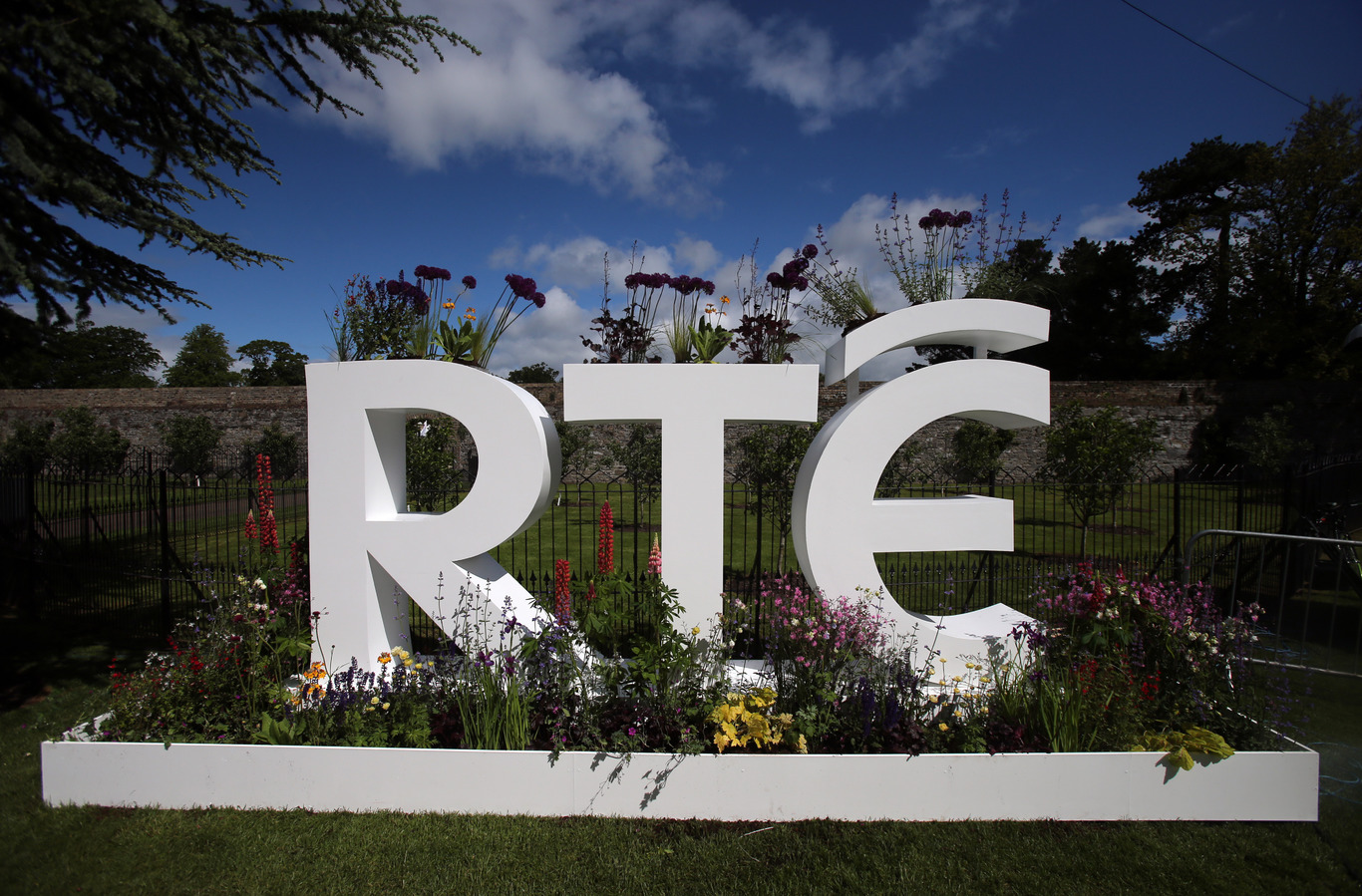The head of RTÉ said the licence fee should be doubled - then changed her mind
Dee Forbes later called her own suggestion ‘nonsense’.
THE DIRECTOR-GENERAL of RTÉ says the licence fee should be doubled and the collection system ‘reformed’ to finance the state broadcaster.
However Dee Forbes later distanced herself from her own comments, adding that the fee-hike suggestion was “nonsense” and that her focus was on reforming the fee-collection system.
Speaking on RTÉ Radio 1′s Today with Sean O’Rourke this morning, Dee Forbes explained the reasons behind the €75 million land sale and up to 300 job cuts the semi-state has unveiled.
She said the organisation was losing out on licence fee revenue due to the high rates of non-payment – with close to 20% of the €160 household charge going uncollected.
“Quite honestly, I think it should be double that (€160 rate),” Forbes said today.
More than half of the broadcaster’s €334 million in revenue for 2015 came from the licence fee, with the remainder coming from commercial streams like advertising.
RTÉ is expected to report losses of as much as €20 million for 2016 following a €2.8 million loss the previous year. The 2015 figure came despite an increase in revenue, with the broadcaster’s expenses rising 8.4% that year.
Communications Minister Denis Naughten has ruled out replacing the licence fee with a fixed “broadcast charge” that would also be levied against those streaming programmes online, while he is also reportedly against an increase in the existing €160 charge.
In a statement early this afternoon, Forbes said: “The current licence fee, at just over 40c a day, is I believe great value. Any notion that it be doubled is nonsense.
“What I am focused on is reform of the fee collection system to recover some €40 million per annum that is lost to the entire Irish sector every year through evasion.”
Raising cash
Forbes today said financial problems at RTÉ came amid falling revenues for the broadcaster. Its commercial revenue in 2015 was 35% below the figure for 2008.
However she said a deficit had been planned for 2016 due to several events – including the 1916 Rising centenary commemorations and an election – falling within the year.
Forbes also didn’t rule out further land sales, adding that the income from the current deal would be used to invest in technology to “enhance the experience of the audience”.
“During those difficult years, technology took a back seat. An organisation like this lives and breathes on technology,” she said.
Making programmes like Fair City and news bulletins available in high-definition was one example Forbes cited as where the organisation needed to modernise.
Meanwhile, tackling falling advertising incomes and pushing the government to reform the system for TV licence collections would be key priorities, she said.
“We are fighting for survival as an organisation. We have to make very hard choices. I want to ensure that Irish people are getting value for money.”
Reporting by Sean Murray and Peter Bodkin.
Note: This article has been updated to include a later statement from RTÉ.





